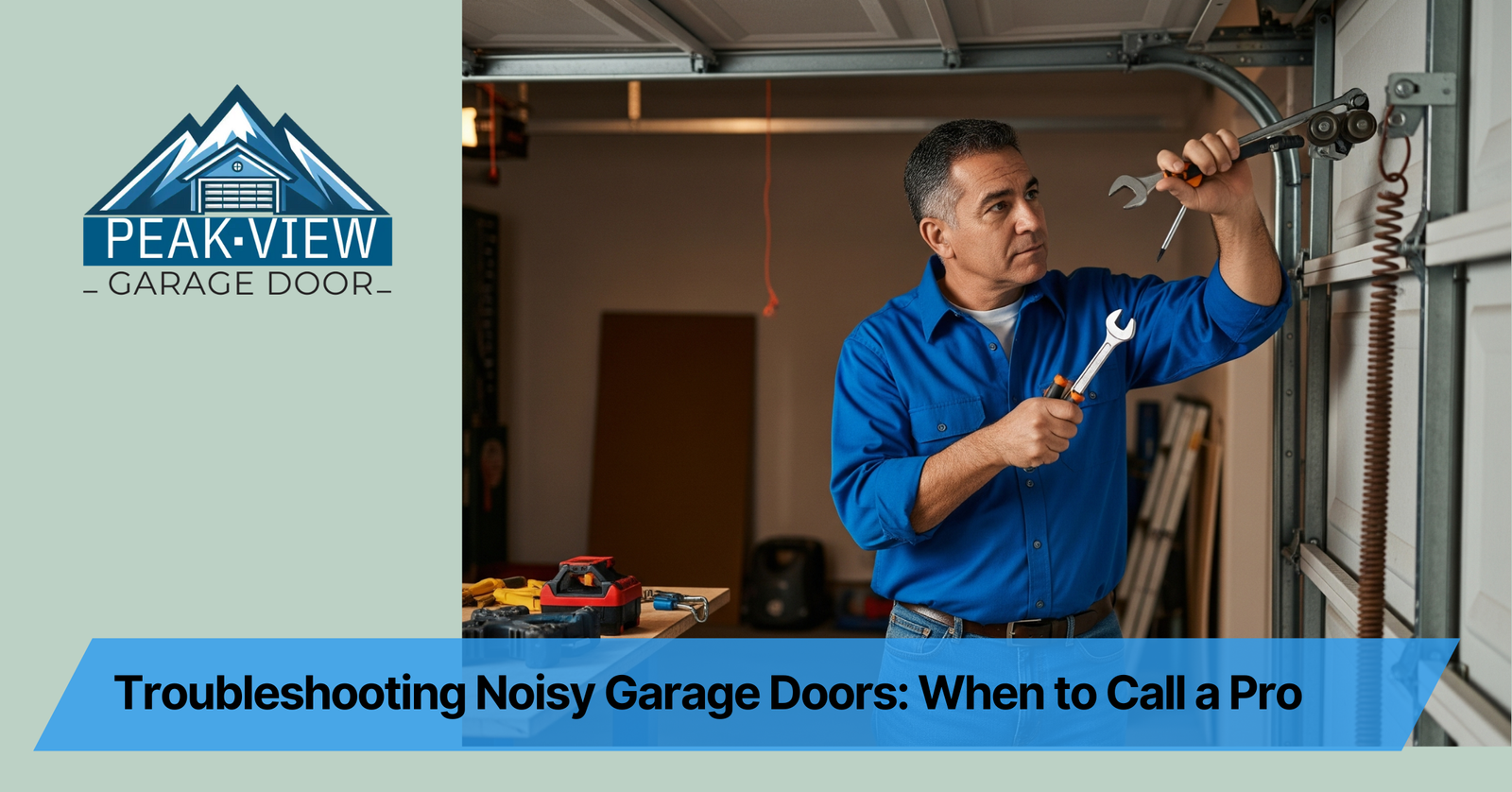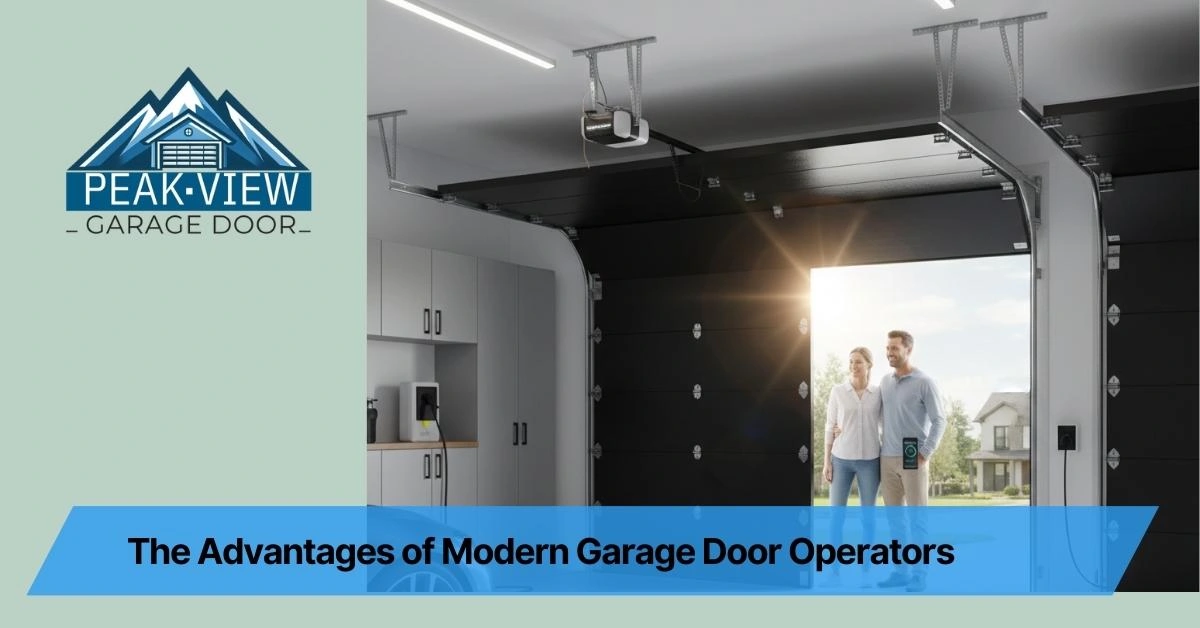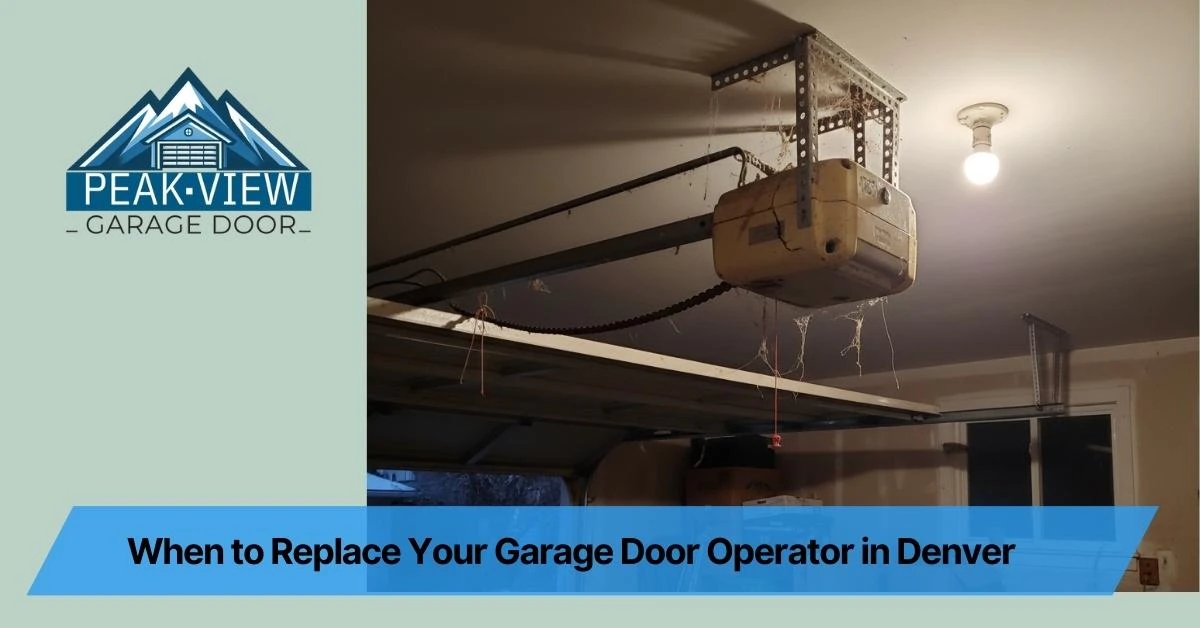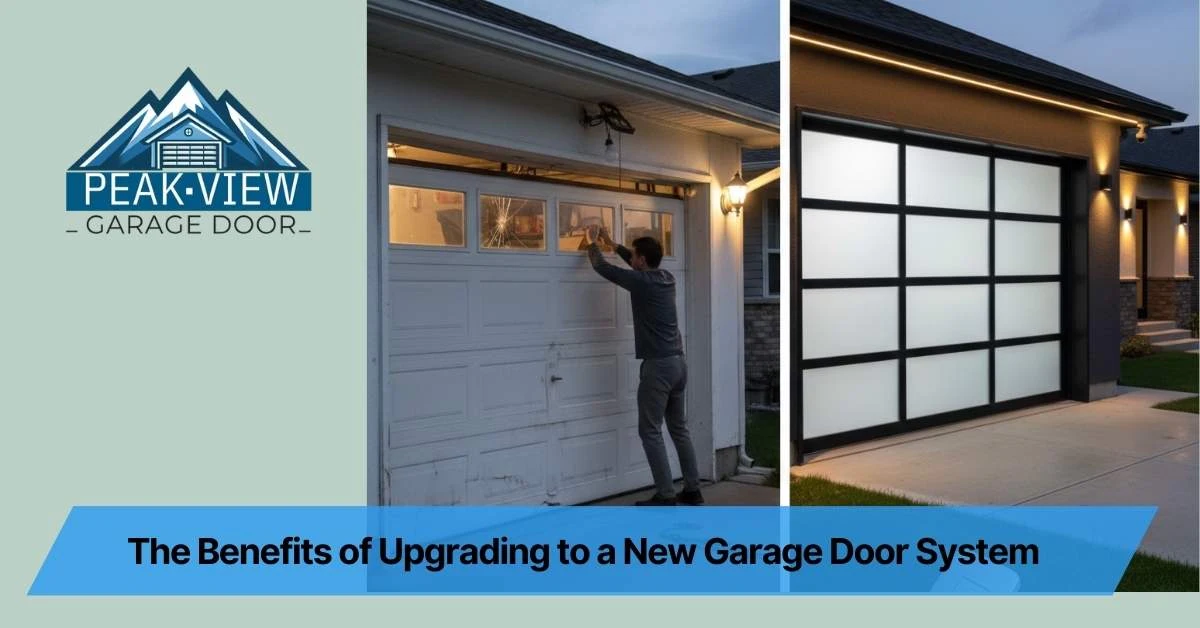Introduction
Is your garage door waking up the whole neighborhood? While some garage door noise is normal, excessive grinding, squeaking, or rattling usually means something’s wrong. Ignoring these sounds can lead to bigger problems or even a complete breakdown. This guide covers how to troubleshoot noisy garage doors, what common noises mean, and when it’s best to call in a professional.
Why Garage Doors Make Noise
Garage doors are heavy, complex systems with multiple moving parts. Over time, normal wear, weather changes, or lack of maintenance can lead to:
- Loose hardware
- Dry rollers or hinges
- Worn-out springs
- Misaligned tracks
Each of these issues can produce distinct noises, from high-pitched squeaks to loud bangs.
Step 1: Identify the Type of Noise
Squeaking or Screeching
Often means:
- Dry hinges or rollers
- Metal parts rubbing without lubrication
Grinding or Rumbling
Could be:
- Worn rollers
- The old opener motor is struggling
Banging or Thudding
May point to:
- Loose bolts or brackets
- The imbalanced door is slamming down too hard
Tip:
Listening closely can help pinpoint the problem area.
Step 2: DIY Troubleshooting Tips
1. Inspect & Tighten Hardware
Garage doors move hundreds of times a year; bolts and screws can loosen.
- Use a socket wrench to gently tighten brackets, tracks, and hinges.
- Avoid overtightening, which can strip threads.
2. Lubricate Moving Parts
One of the easiest fixes for squeaks and screeches.
- Use a silicone-based spray or lithium grease.
- Focus on:
- Rollers (unless nylon with sealed bearings)
- Hinges
- Springs and end bearings
- Chain or screw on the opener (if applicable)
Avoid:
WD-40—it’s a cleaner, not a long-term lubricant.
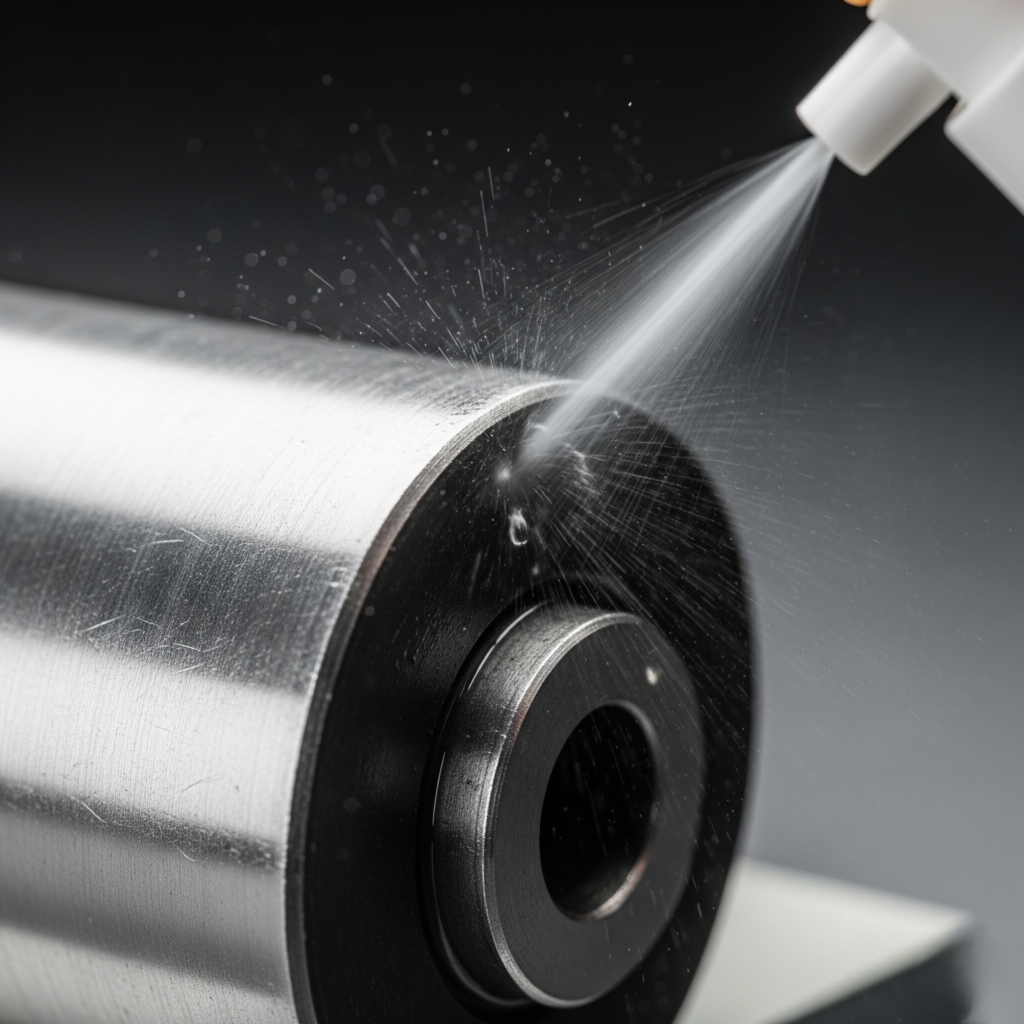
3. Check the Rollers
Old, cracked, or metal rollers can be loud. Modern nylon rollers are quieter and require less maintenance.
- Look for signs of wear or chips.
- Replace rollers every 5–7 years if heavily used.
4. Inspect the Tracks
Misaligned tracks can cause grinding or rattling.
- Check that the tracks are straight and parallel.
- Gaps or bends may require realignment.
Important:
Major track adjustments should be done by a pro to avoid damage.
5. Examine the Opener
A noisy opener motor may indicate age or internal wear.
- Chain-drive openers are naturally louder; belt-drive openers run quieter.
- Old units (15+ years) may simply need replacing.
Step 3: When to Call a Pro
While DIY maintenance handles minor noise, some issues require professional repair:
Broken or Weak Springs
Garage door springs hold extreme tension. Attempting to repair yourself can be dangerous.
Severe Imbalance
If the door slams shut, opens unevenly, or feels heavy to lift manually, the springs or cables may need adjustment.
Damaged Panels or Bent Tracks
Bent panels or track damage can cause persistent noise and risk further failure.
Opener Malfunctions
If your opener strains, stalls, or makes grinding noises, an internal part may be failing.
Step 4: Prevent Future Noise
Schedule Professional Maintenance
- Annual inspections catch small issues early.
- A technician will lubricate, tighten, and test the balance.
Upgrade to Quieter Components
- Nylon rollers
- Belt-drive openers
- Newer insulated doors
Keep It Clean
- Remove cobwebs, dirt, and debris from tracks regularly.
Conclusion
A noisy garage door isn’t just annoying; it often signals wear, imbalance, or failing parts. Regular DIY care, like tightening bolts and lubricating, can fix minor issues. But when you hear grinding, banging, or suspect spring problems, it’s time to call a professional.
Catching these signs early keeps your door safe, quiet, and prolongs its life, saving you from costly repairs or sudden breakdowns.

